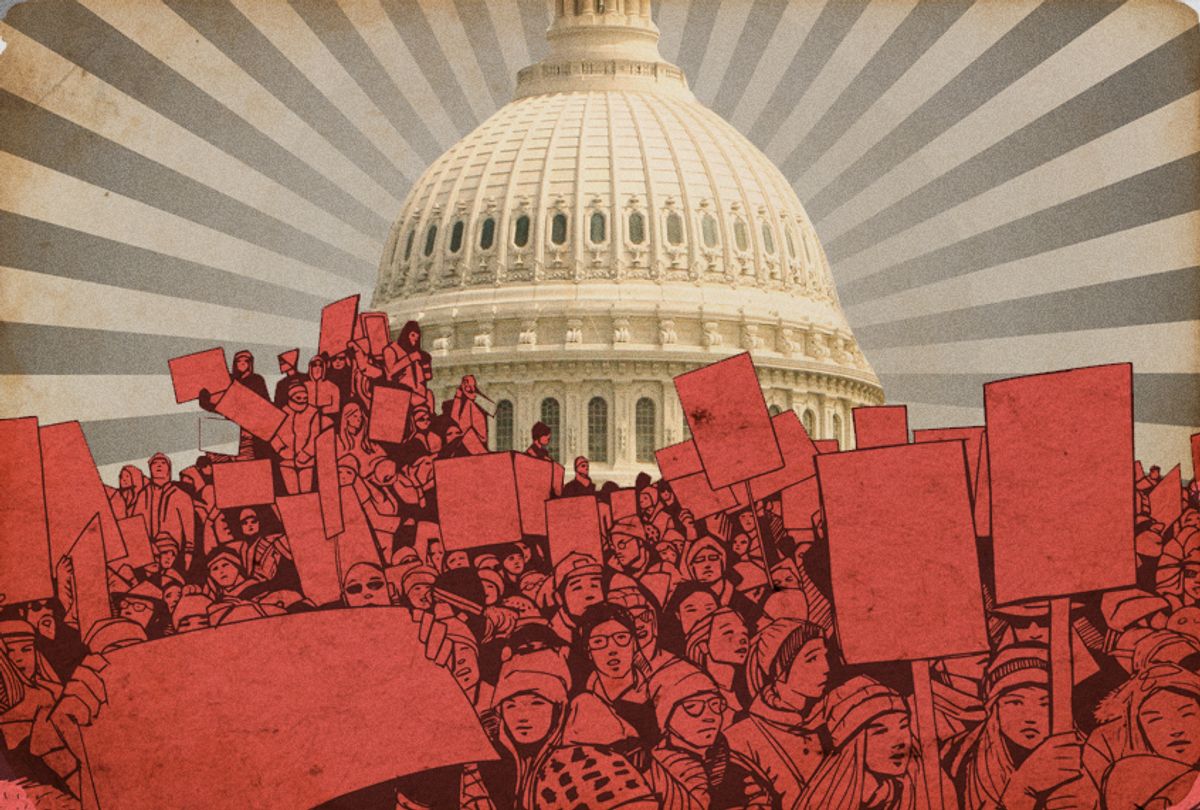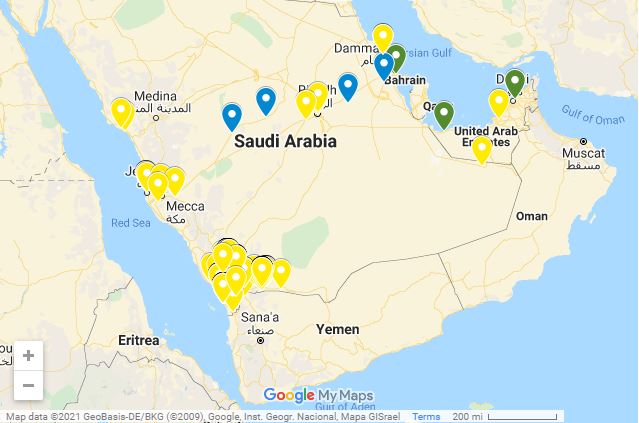Stain of US Human Rights Abuse Cannot Be Washed Away
In fact, the United States has set up secret prison facilities all over the world. The atrocities of arbitrary detention and prisoner abuse in these “black jails” have been the subject of news reports for many years, constantly adding new stains to the United States’ notorious human rights record. Although several U.S. presidents have pledged to shut down Guantanamo, there has been no progress on this so far, something that aptly reflects the way American politicians have customarily dealt with human rights issues: all talk and no substance, as they point the finger at anyone but themselves.
Since the outbreak of the COVID-19 pandemic, the domestic human rights crisis in the United States has intensified unabated: ineffective health measures have caused the pandemic to rage out of control, resulting in the tragedy of more than 800,000 deaths; the disarray of American-style democracy has led to political chaos, where civil rights and political rights exist in name only; problems with racism have increased, and the situation of ethnic minorities has deteriorated; shootings and violent crime have reached record highs, and continued social unrest has threatened public safety; the growing divisions between the rich and the poor have exacerbated the state of social injustice, and the hardships of those on the bottom rung of society have been unspeakable; a scorecard of human rights failures, soaked in the blood and tears of the American people, and revealing a deep-seated crisis in the American social governance system.
In addition to condemning its domestic human rights failings, the United States owes the international community a human rights debt. For a long time, the United States has been exporting war under the banner of “democracy” and “human rights,” resulting in large numbers of innocent civilian casualties, plunging many countries into turmoil, and causing serious humanitarian disaster. Last August, United States troops retreating from Afghanistan aimed their guns at civilians, revealing to the world at large the true color of American human rights. During the last two years, faced with the dire situation of a pandemic that has wrought havoc around the world, the United States has paid no heed to the health and well-being of citizens of other nations, has bullied and threatened international institutions, and has continued to brandish the stick of sanctions, thus becoming the greatest saboteur of the international community’s solidarity in the face of the pandemic. All of this goes to show that the insistence by American politicians on promoting human rights protections around the world is nothing more than empty talk and an out-and-out lie.
Recklessly trampling over the human rights of other countries instead of addressing human rights issues in their own country, American politicians haven’t had any remarkable human rights successes, yet year after year, they have the nerve to style themselves “arbiters of human rights.” Each year, the State Department issues its “Country Reports on Human Rights Practices,” in which it levels overcritical and unwarranted accusations at countries and regions around the world over the way they are handling human rights, while studiously turning a blind eye to the variety of human rights disasters at home. This fully illustrates how American politicians, who make thunderous pronouncements about human rights slogans, do not really care about these protections, but see them instead as a political tool, useful for interfering in the internal affairs of other countries, and for maintaining their own hegemony. Certain anti-China political leaders in the United States have played the “human rights card” at every turn in recent years in an effort to contain China’s development. They make irresponsible claims about China’s domestic affairs, including issues related to the situations in Xinjiang, Tibet and Hong Kong, and use a double standard when it comes to representing the facts. However, the United States’ hypocritical, empty and unsubstantiated “human rights card” cannot be used to denigrate China’s achievements when it comes to human rights, developments which have attracted worldwide attention. Instead, this approach will only make people wiser to the façade of American political leaders’ fake human rights, but real hegemony.
Human rights are not simply a fig leaf to be used whenever it is suitable. American political dissembling will only serve to show America’s own shortcomings. A foreign media source has commented that even the staunchest supporters of the U.S. have to admit the country has human rights problems. The United States’ domestic pandemic situation has recently worsened, with the number of new cases per day reaching record highs, and on average costing nearly 2,000 precious lives every day. In the face of the anger, frustration and protests at home and around the world, it is past time that the United States, a beacon of human rights that likes to shine a light everywhere else, finally turns a light on itself!


